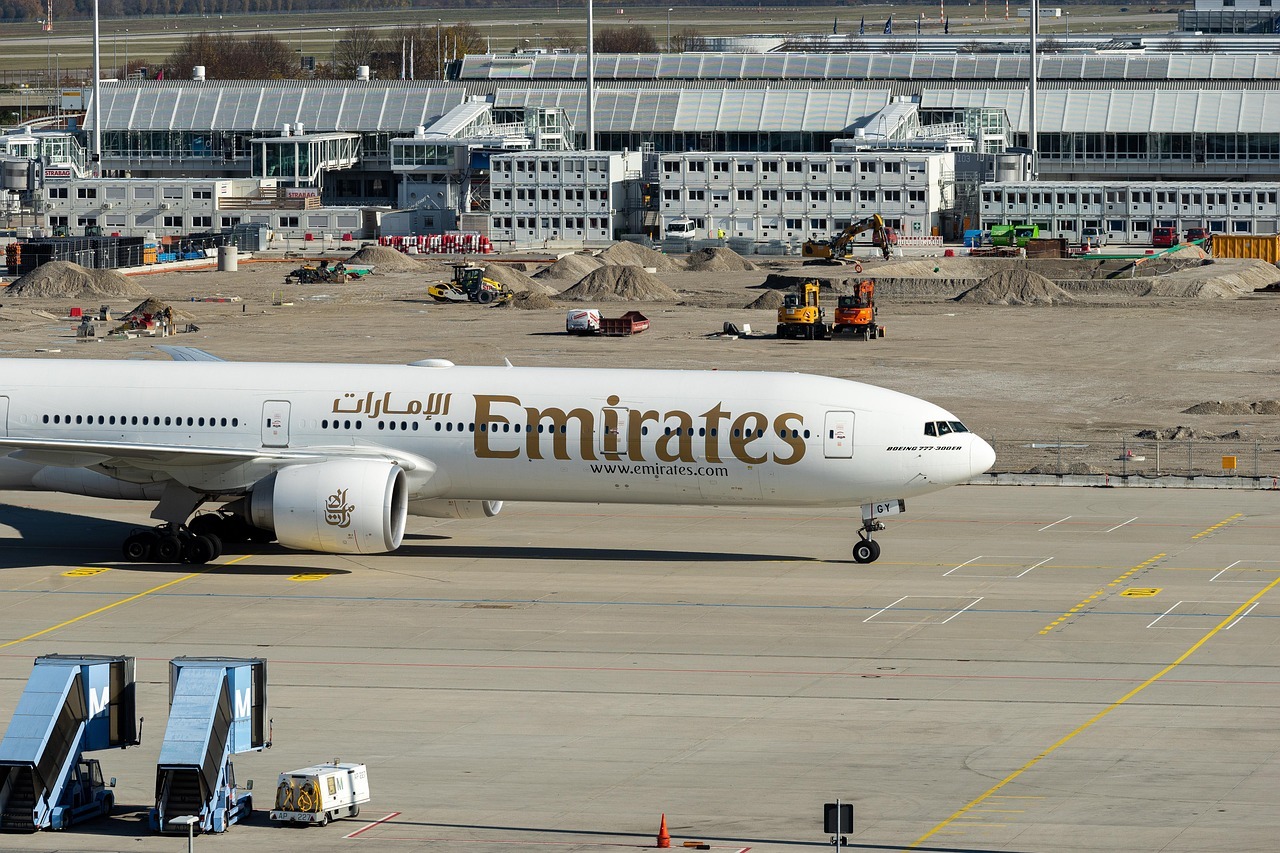The Gulf Cooperation Council has approved a landmark one-stop travel system designed to streamline movement across member states, with the United Arab Emirates and Bahrain selected to pilot the initiative starting in December 2025.
GCC Secretary-General Jasem Mohamed Albudaiwi announced the development during the 42nd meeting of interior ministers in Kuwait City, confirming the trial will initially apply to air travel between the two countries.
The new system will allow Gulf citizens to complete all travel procedures including immigration, customs and security checks at a single checkpoint, eliminating the need for multiple inspections upon arrival.
Once fully implemented, flying across the Gulf will be as simple as travelling between cities in the same country, with passengers able to land at their destination, collect baggage and exit without further formalities. The initiative relies on a shared electronic platform that allows member states to coordinate procedures and share data.
If the pilot proves successful, the system will be expanded to all six GCC member states, including Saudi Arabia, Kuwait, Oman and Qatar.
The seamless travel scheme represents one component of a broader regional connectivity vision. The initiative complements the GCC Grand Tours Visa, a Schengen-style unified tourist visa with its pilot launch set for the fourth quarter of 2025.
UAE officials have described the unified visa as a strategic step towards deeper regional integration that will enhance the Gulf’s collective appeal as a single tourism destination, with full operational rollout anticipated by 2026.
Meanwhile, the Gulf Railway Authority has confirmed that GCC countries are continuing efforts to complete the regional rail network according to schedule, with December 2030 set as the final deadline for completion.
The multi-billion-dollar railway will link the six GCC nations with approximately 2,177 kilometres of track, promising seamless border crossings and full integration of the Gulf’s passenger and freight transport infrastructure.



